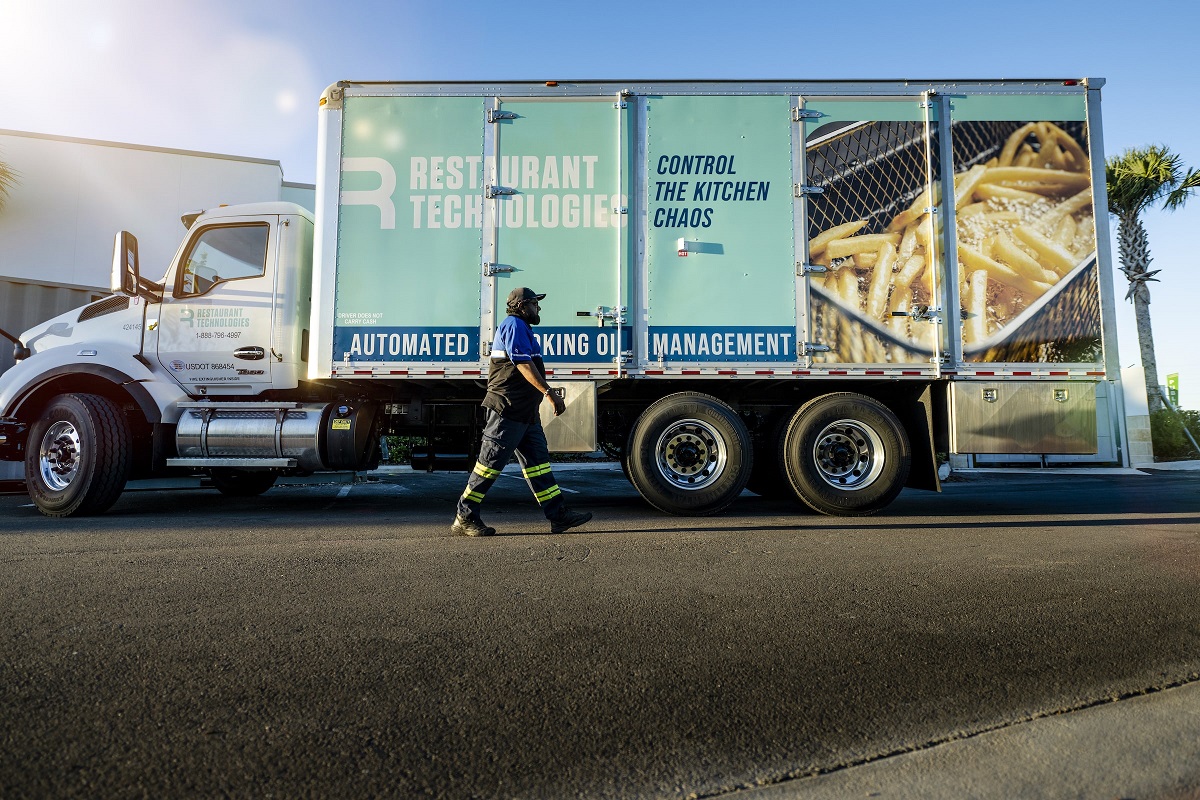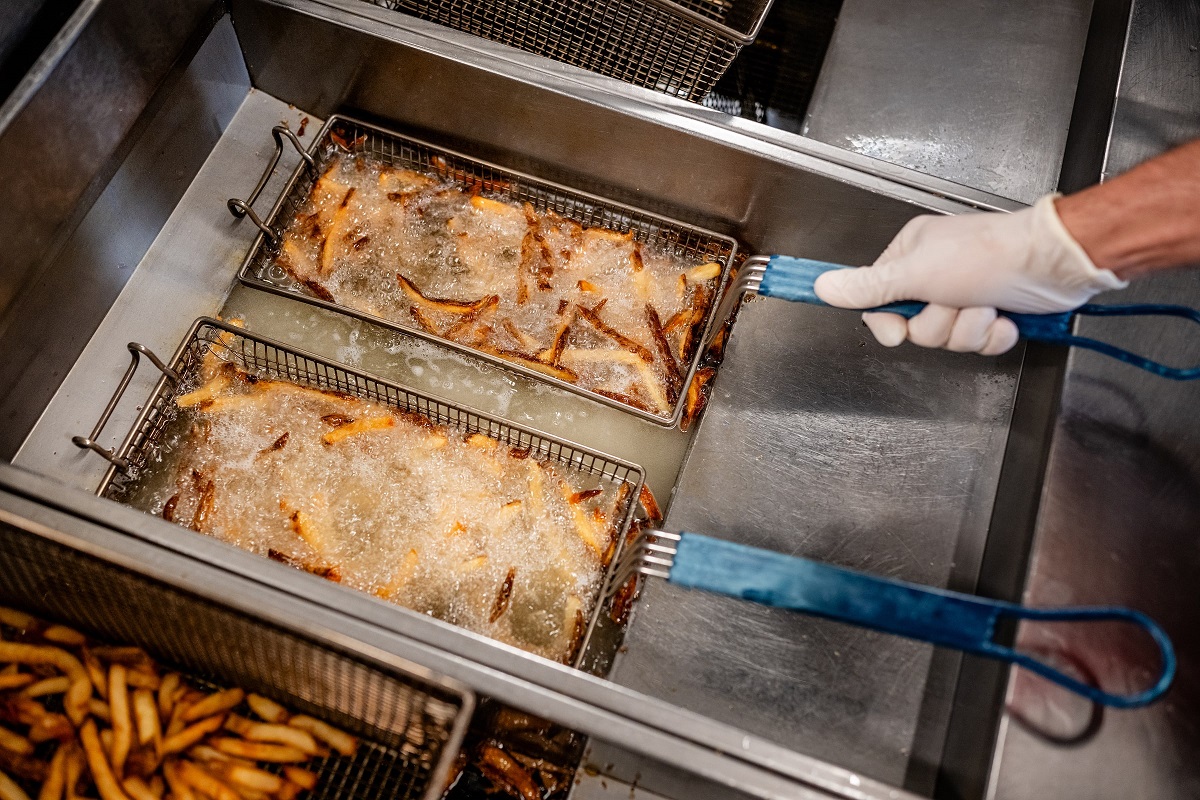Two California Restaurants Enlist Restaurant Technologies’ Total Oil Management™ Solution for Food Quality, Employee Safety and Sustainable Operations
MINNEAPOLIS – May 15, 2013 – It took some time for McDonald’s area supervisor Andy Suckiel to embrace automated oil management for the two California franchises he oversees in San Juan Capistrano and San Clemente. Today, with four years of experience using Restaurant Technologies’, Inc.® (RTI) oil management solution, it’s difficult for him to imagine any other approach.
“The automated filtering and oil changing system has become a way of life for us – it’s just a better way to optimize food quality and eliminate a significant risk to employee safety,” said Suckiel. “It’s an understatement to say that my team would not welcome going back to carrying hot oil out the back door.”
Suckiel and veteran McDonald’s franchise owner Ross Pollard were slow to embrace the new technology – despite corporate endorsement of the RTI system. But after a few site visits to observe other franchisees using the system, they soon changed their minds.
“The stores were cleaner, both inside and outside,” Suckiel said. “Work flow was more efficient, fryer filtration was automated, oil storage bins were gone, and the grease traps were eliminated. No one was trucking up and down stairs with jibs. We immediately saw the safety benefits – no worry about slips, falls and burns.”
The impact on food quality was equally obvious when the pair watched the technology in action. The web-based Total Oil Management™ (TOM™) portal delivers oil monitoring data from fryer sensors to an online dashboard. Suckiel can now track filtration frequency in real time, analyzing oil quality and usage statistics for comparison against McDonald’s best-practices recommendations.
“If we’re not achieving the recommended days-of-use standard for our oil, we can look into variables that impact oil life performance and immediately course correct,” Suckiel said. “Maximizing the life of oil is the basis to creating great-tasting food – the McDonald’s brand and reputation.”
On a quarterly basis, he also uses a conversion efficiency report to benchmark his stores’ performance on key food-taste factors – like the food-to-oil ratio – against other McDonald’s franchises.
The switch to RTI closed-loop oil handling is also proving the link between green operation and profitable management. As part of the McDonald’s sustainability initiative influencing restaurant rebuilds and remodels, Pollard’s stores combine the RTI system with new low oil volume (LOV) fryers that use 50 percent less oil than traditional fryers. Lower oil consumption and precision filtration monitoring, combined with less time and energy to heat the units, is the right thing for the bottom line and the environment.
Before switching to automated oil management, Pollard’s operations were exposed to greater risk of employee injury. The stores also lost out on potential revenue from the sale of recycled oil because of handling difficulties associated with manual collection and pick-up – and the potential for theft when used oil is stored outside a building.
“Stealing used oil has become a legitimate concern for restaurant owners because of its value in the production of synthetic oils and biodiesel,” Suckiel said. “We don’t have that concern. RTI comes on site regularly to remove the used oil from the waste tank located inside the building.”
RTI – Restaurant Technologies Inc.
Restaurant Technologies, Inc. (RTI) is the leader in smart, safe, sustainable oil and operations management technology for the food service industry. The company’s fully automated oil storage, handling and disposal management system helps increase worker safety, improve restaurant cleanliness and minimize frying oil inconveniences. RTI data-management solutions provide restaurant decision-makers with increased visibility into oil usage for better food quality and consistency. Headquartered in Mendota Heights, Minn., RTI serves more than 45,000+ customers via 41 oil depots throughout the U.S.





